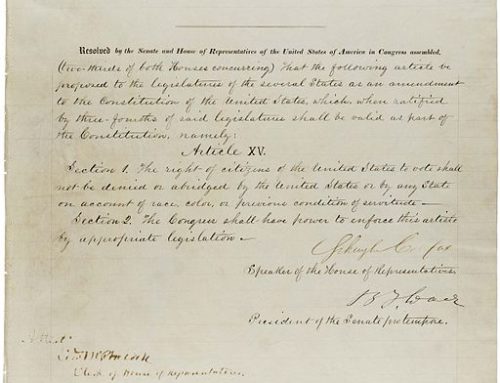According to today’s New York Times article, the state of New Jersey admitted that they have a shortfall of $58 billion in today’s dollars, to provide all the health care it has promised its current and future retirees. $58 billion dollars is nearly twice the amount of its outstanding debt and twice the state budget. Furthermore, New Jersey has a $21 billion dollar deficit in their pension plan.
Unfortunately, New Jersey is not unique; almost every city and state governmental entity faces sizable pension and health shortfalls. For example, California has a $48 billion dollar health care deficit and New York State has a $47 billion health care dollar deficit. Stated differently, state and local taxes could rise dramatically to meet the funding problems of shortfalls in health and pension liabilities. That is, annual spending in New Jersey will rise from $741 million to $2.2 billion by 2012.
Unlike corporations, who can pass off their liabilities to the Pension Benefit Corporation in a bankruptcy scenario, city and state governments cannot easily discharge their liabilities. Some governments like New York City have started a trust fund to deal with their future deficits, but New Jersey cannot current afford to take such corrective measures.
Solving the problem is a difficult one. That is, New Jersey’s Office of Legislative Services, a nonpartisan research body, issued a legal opinion that retirees may not be stripped of their health benefits, but that “reasonable modifications” are possible. Moreover, the longevity of state employees in New Jersey is growing. That is, the workers are adding benefits because they are working longer for the state and they are living longer.
Unfortunately, in today’s “pass the buck” environment, there is an overwhelming tendency for governmental officials to provide generous benefits to their employees without calculating the expenses or taxing their citizens to defray the higher costs. Stated differently, state and local taxes could rise dramatically to meet the funding problems of shortfalls in health and pension liabilities.
In 1993, I met with the man responsible for overseeing New York City’s pension and health liabilities. He agreed with my assessment that New York City was providing to generous of benefits and that it had a deficit. However, he mentioned that he was close to 65 and the problem would not surface until long after he retired! Last year, New York City admitted to a $50 billion dollar deficit. So much for Profiles in Courage.
Originally published in the Sarasota Herald-Tribune



